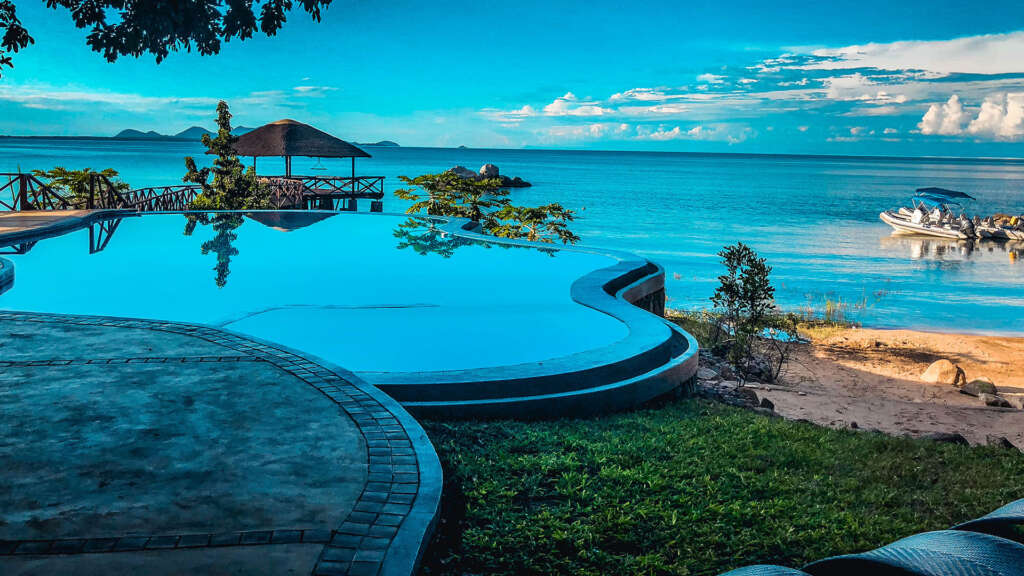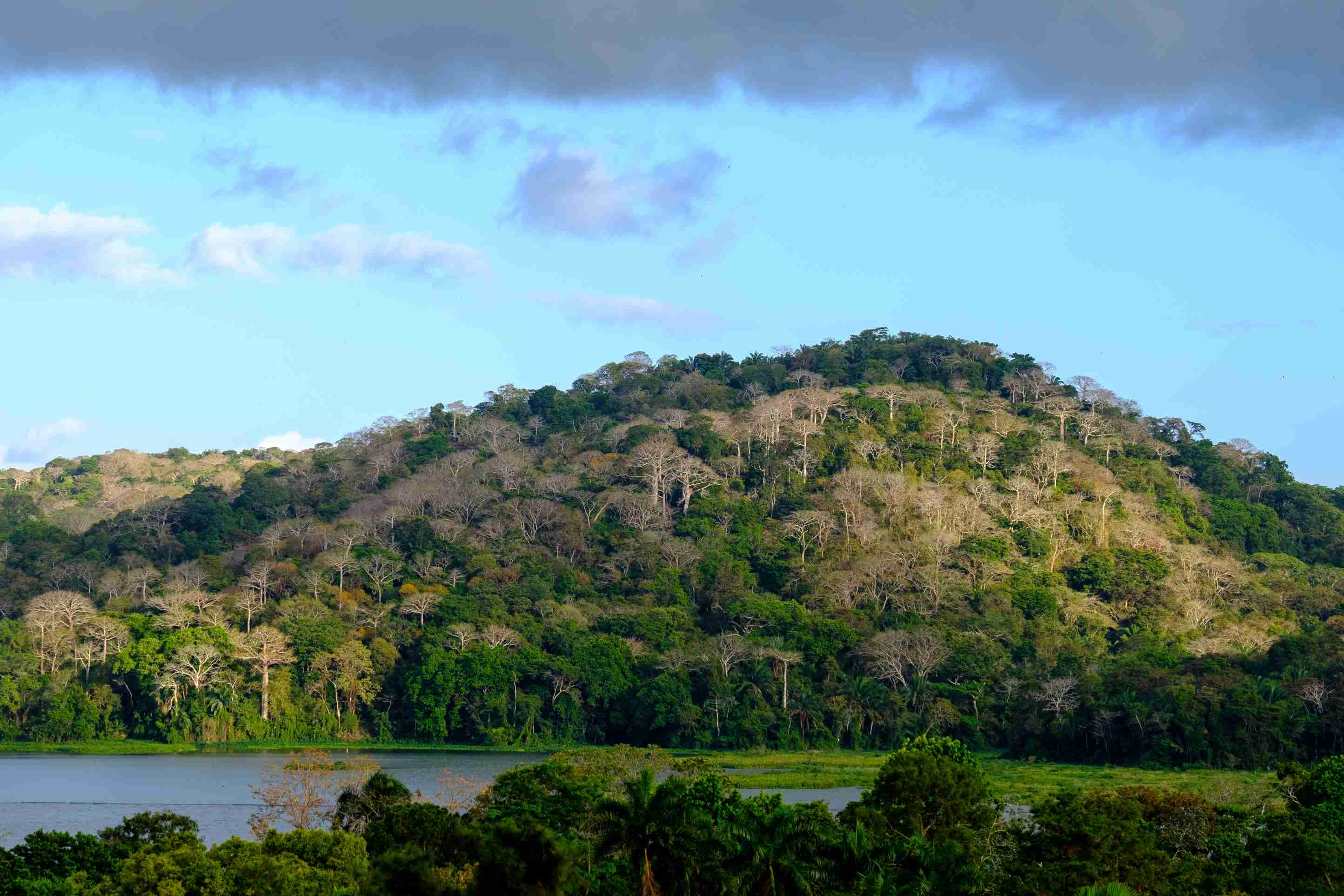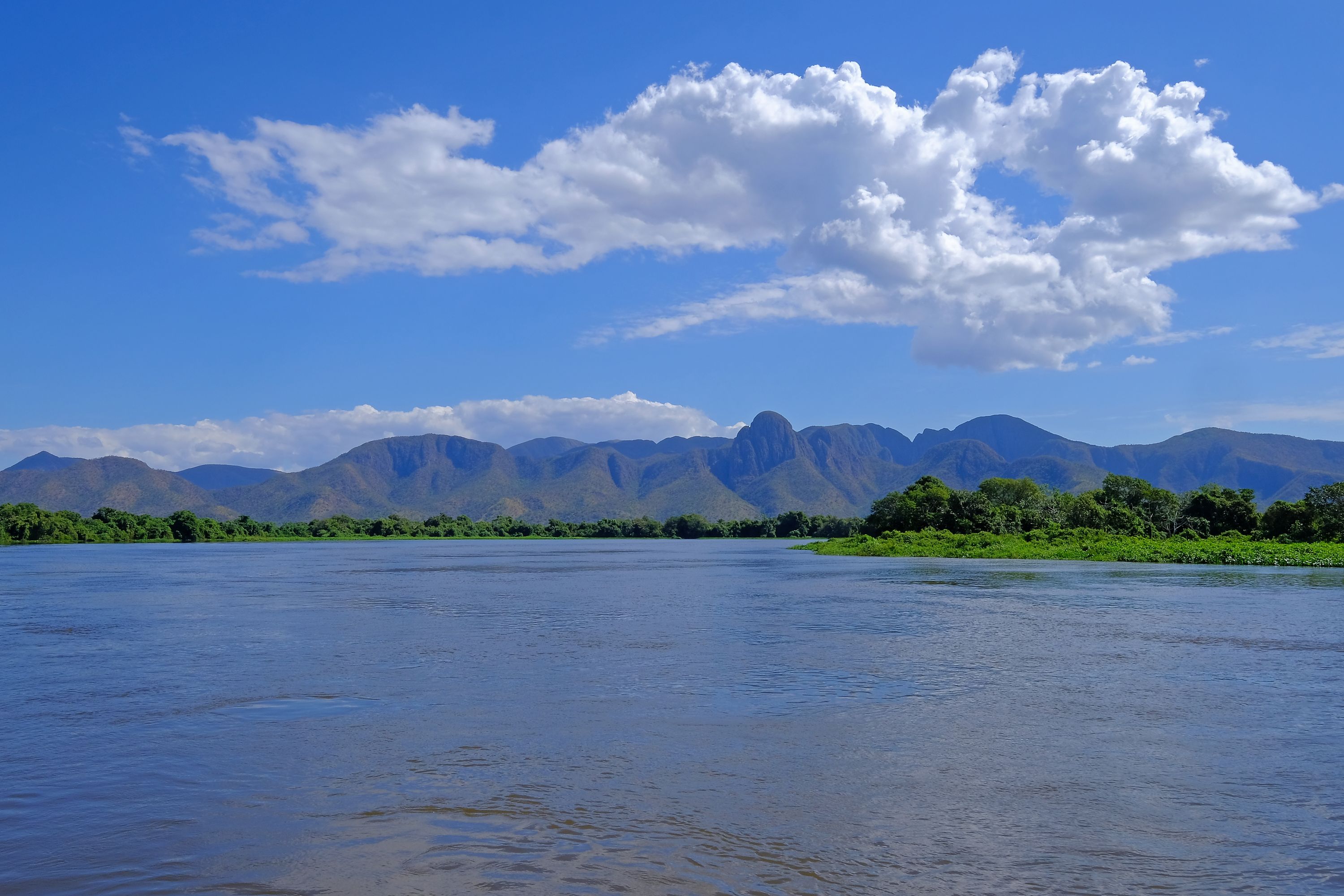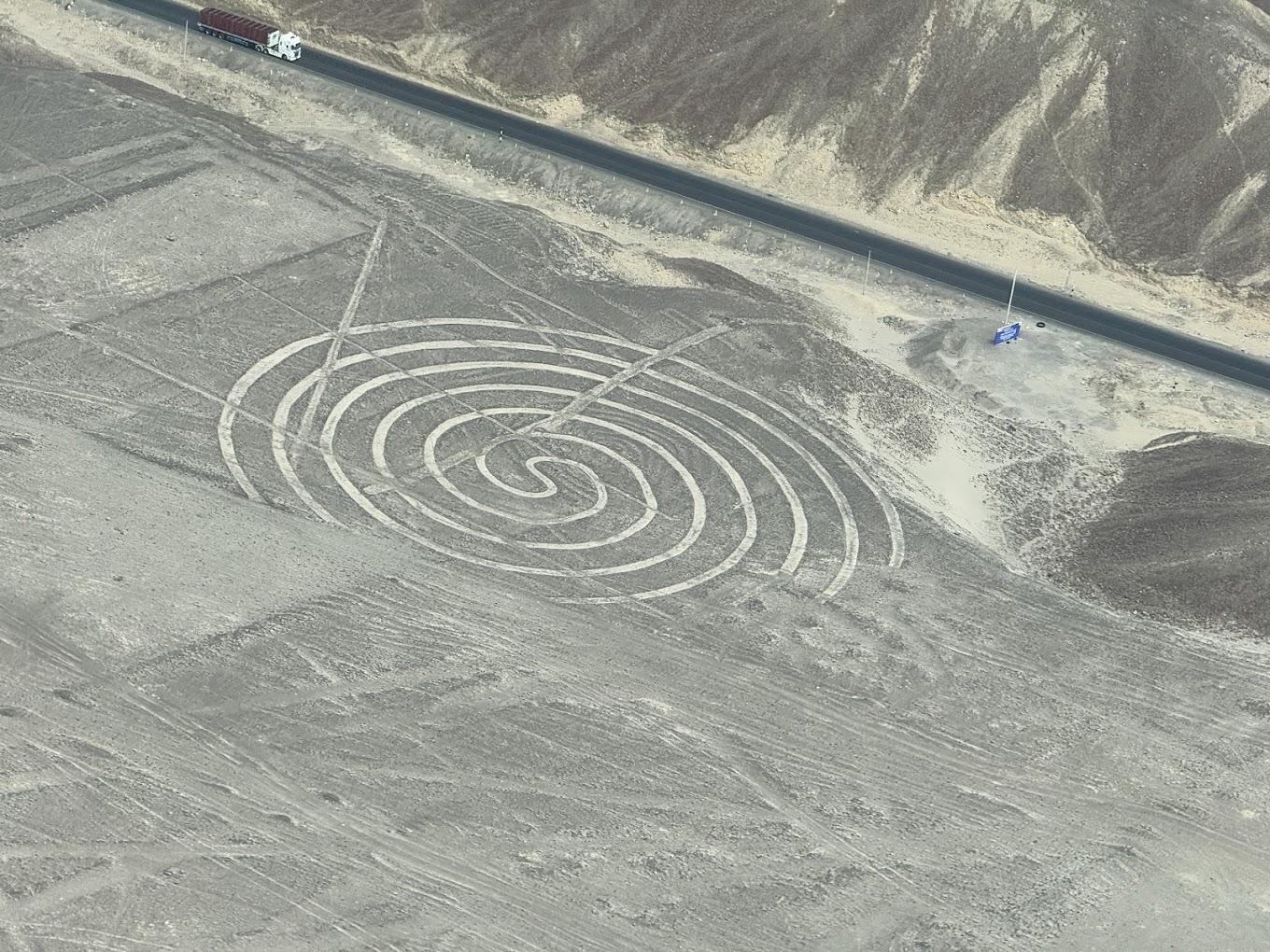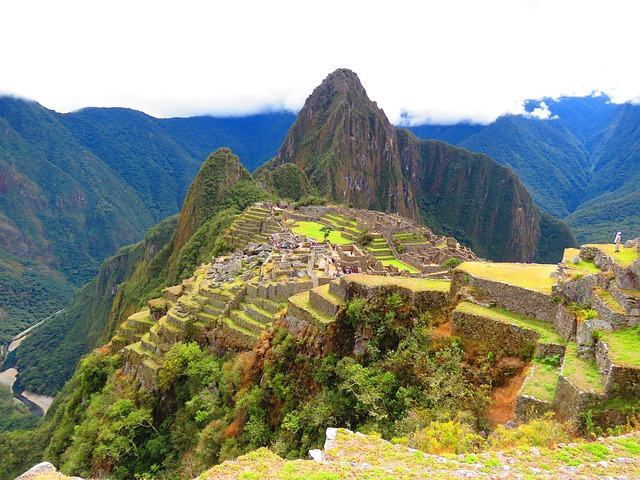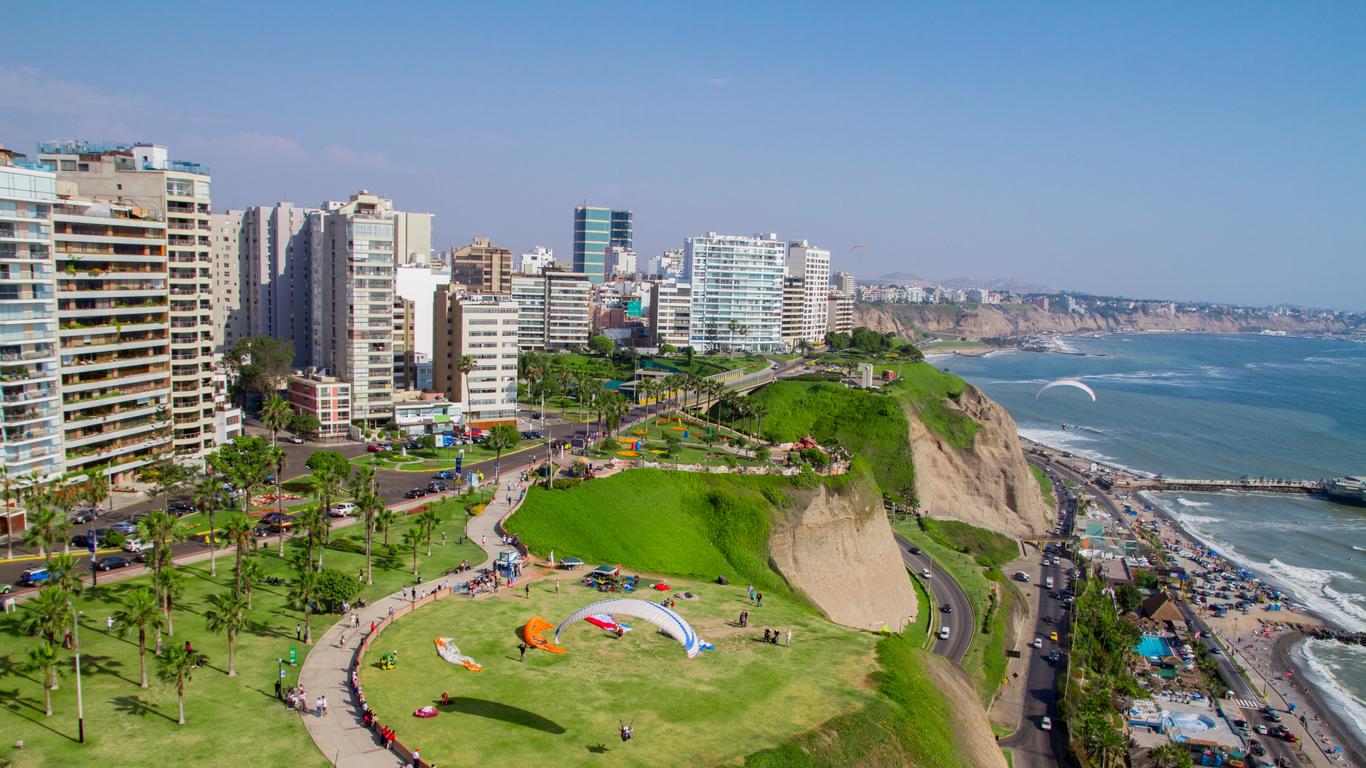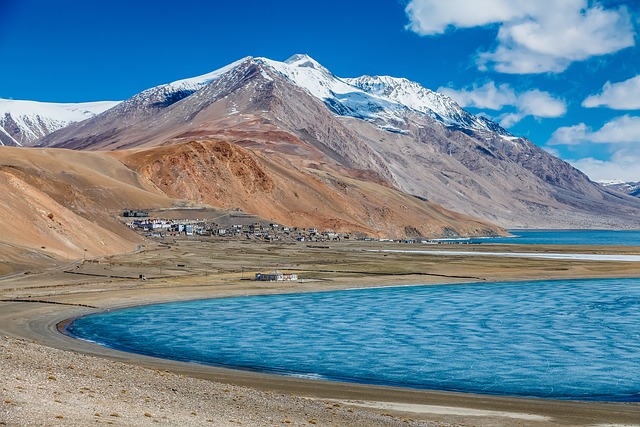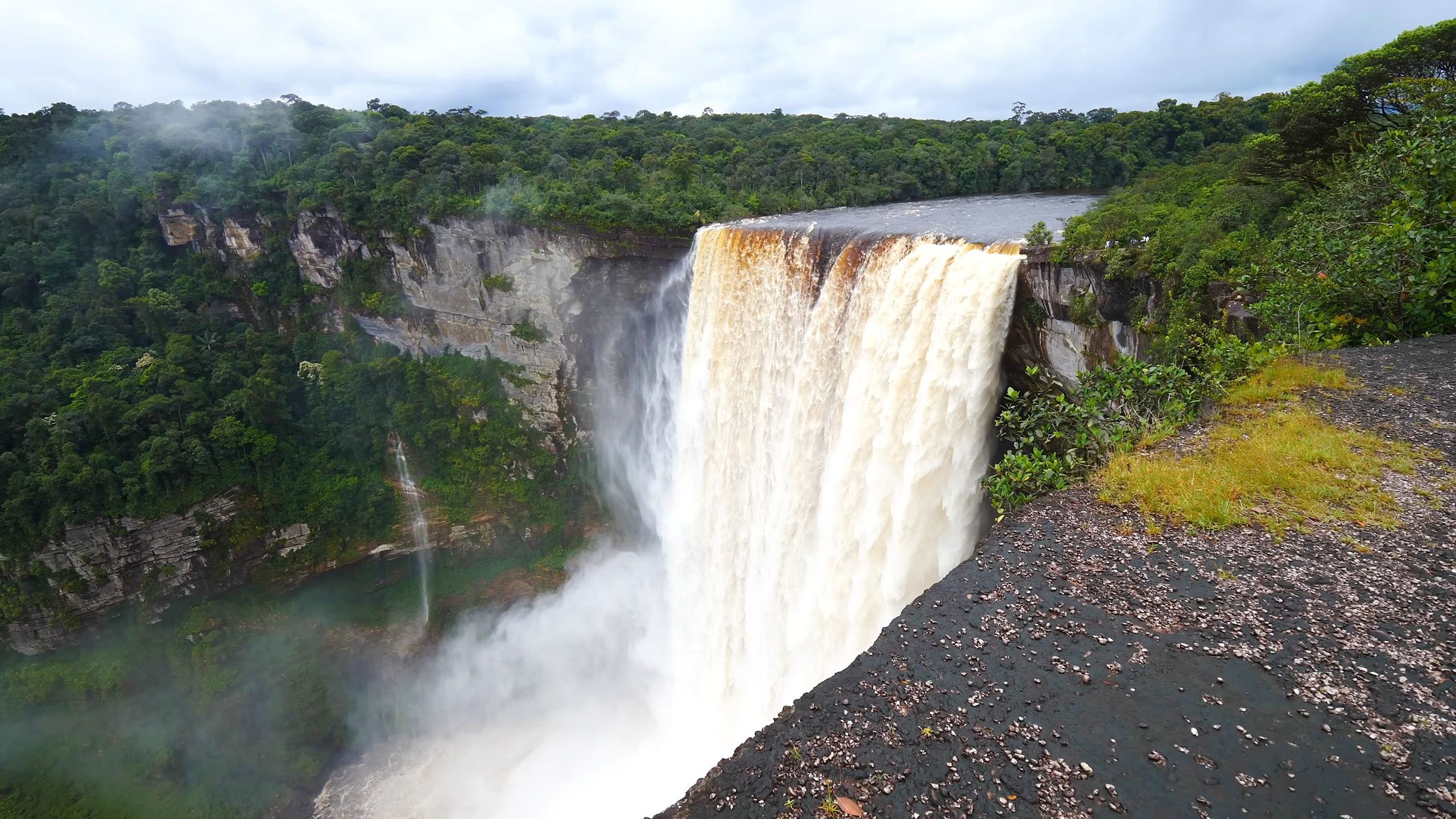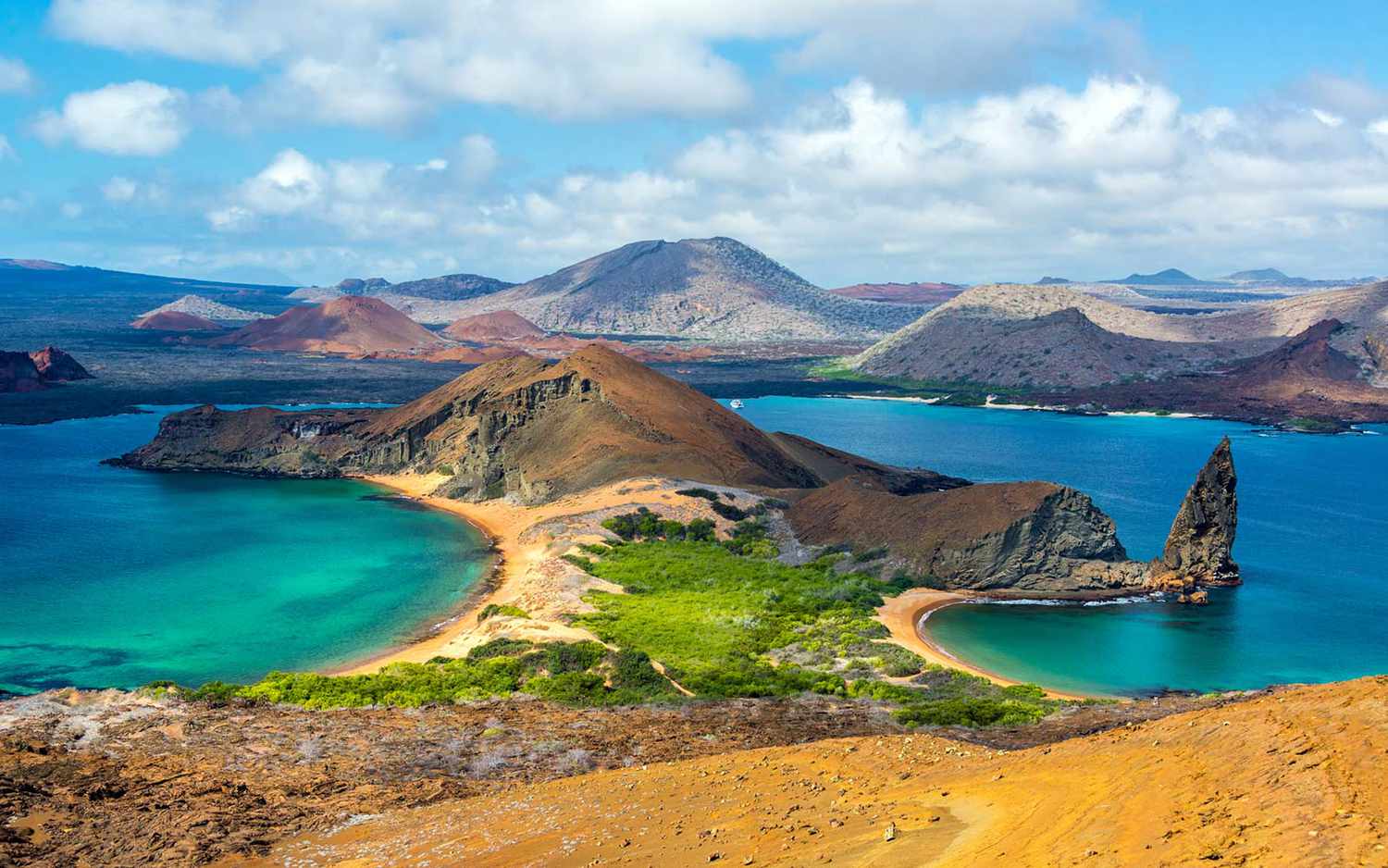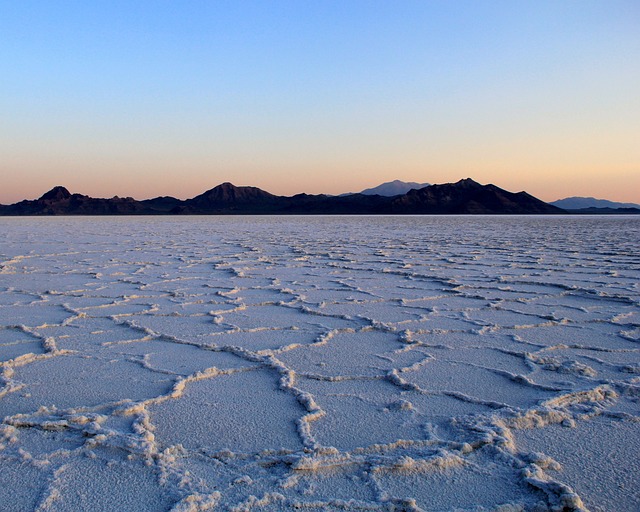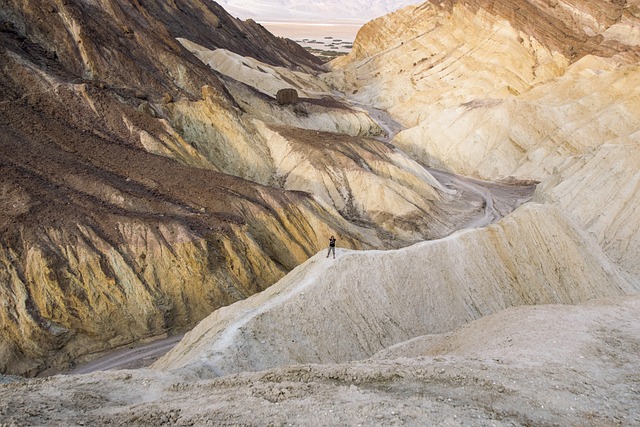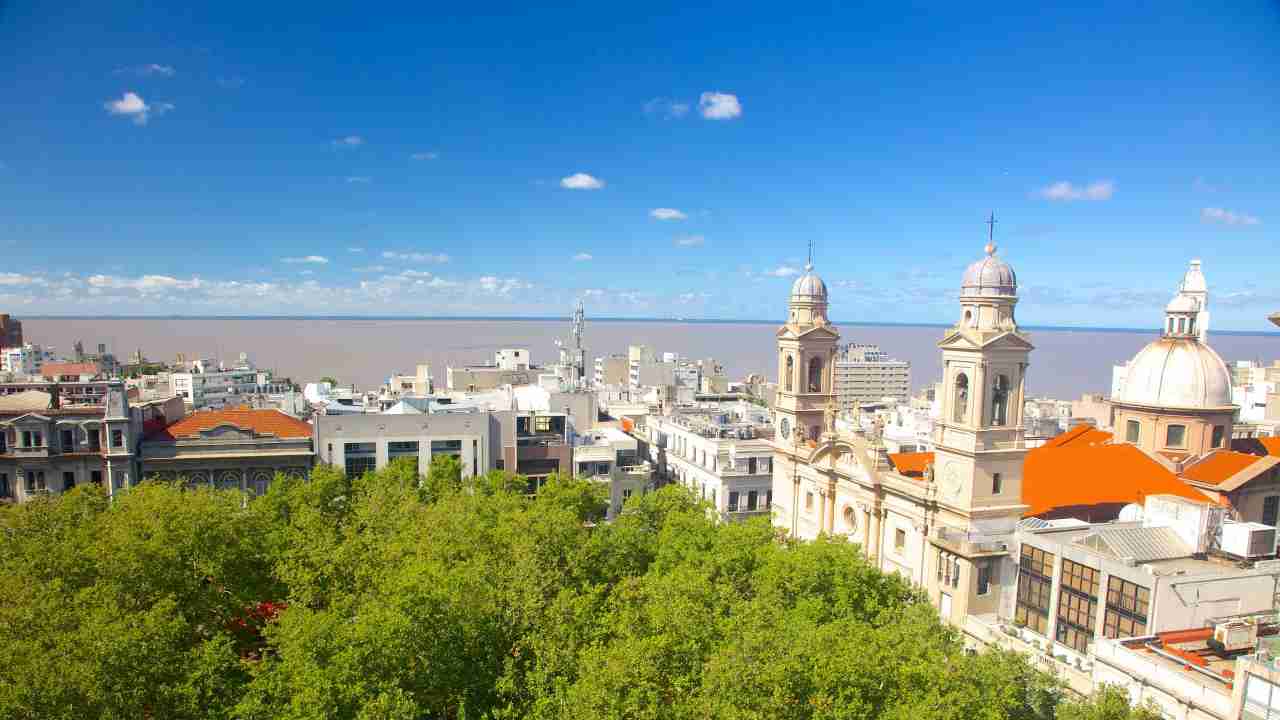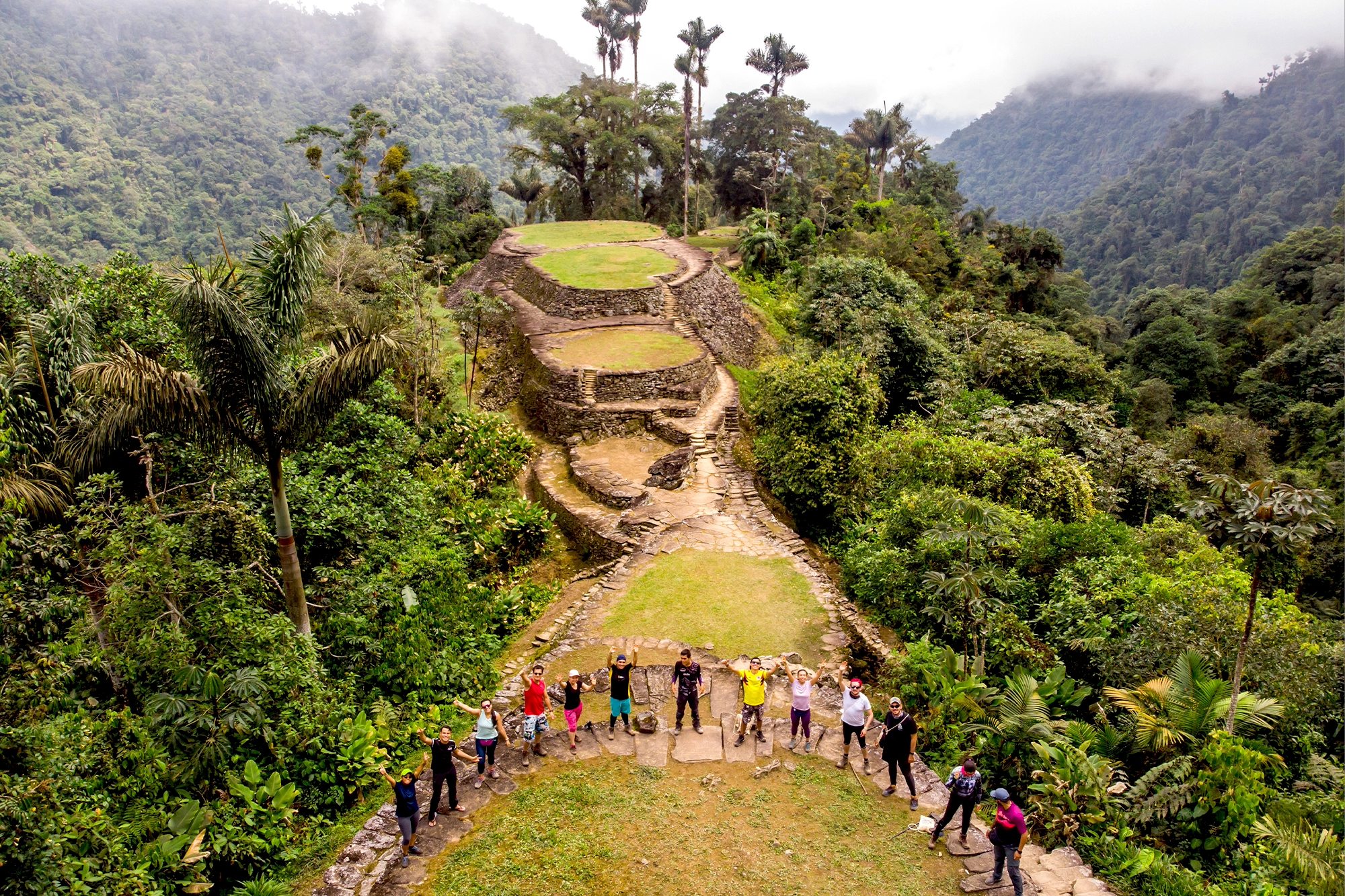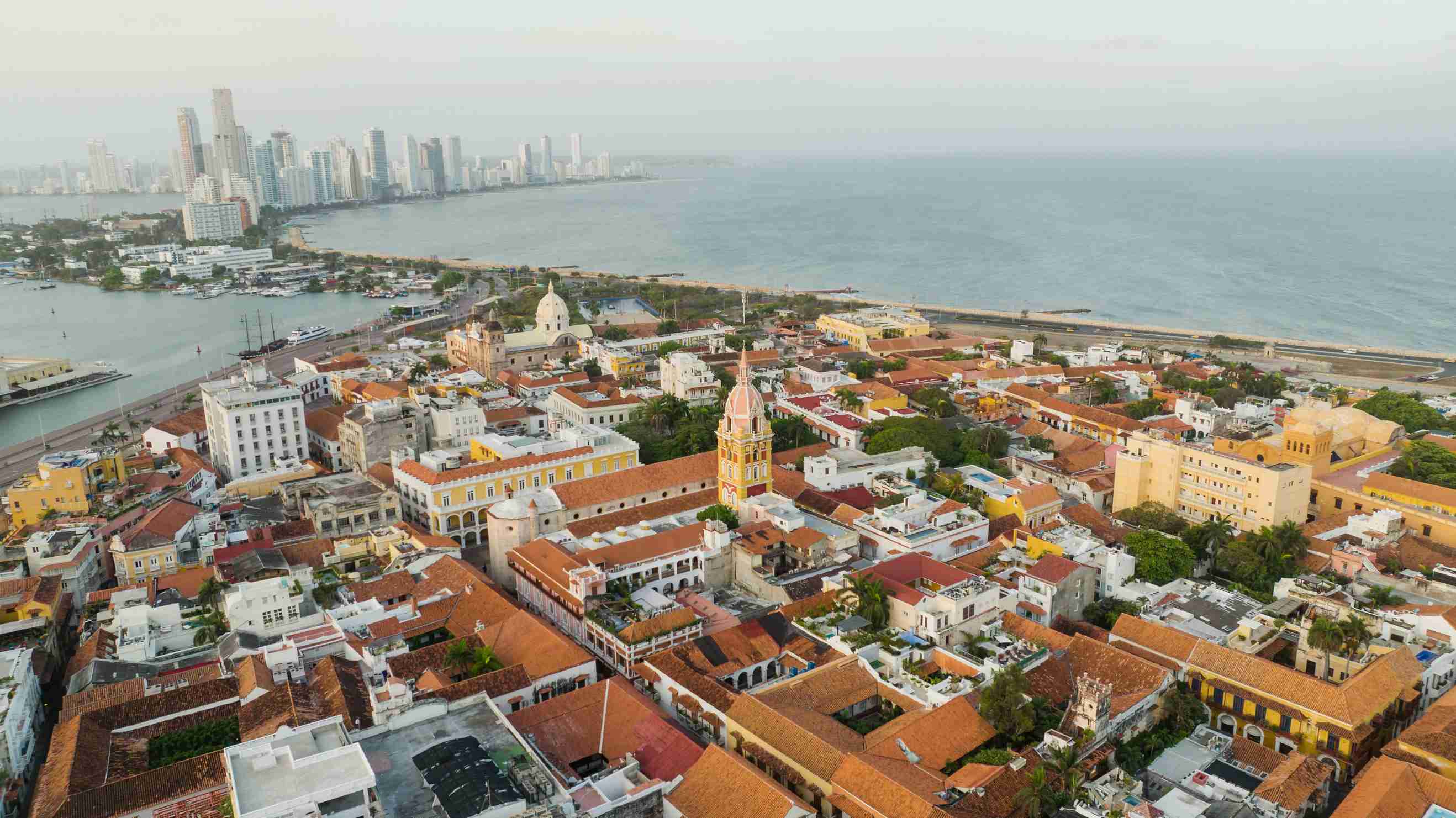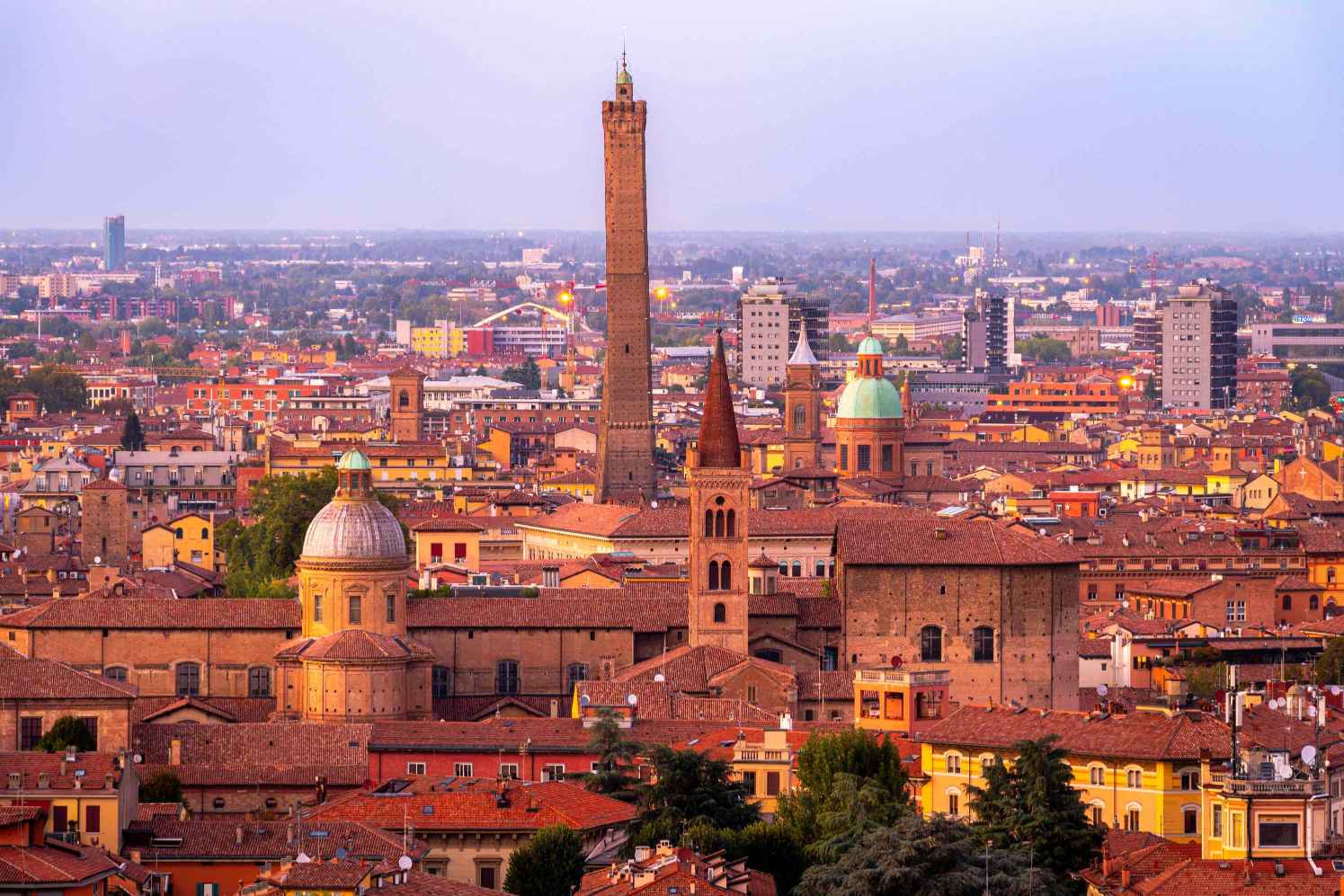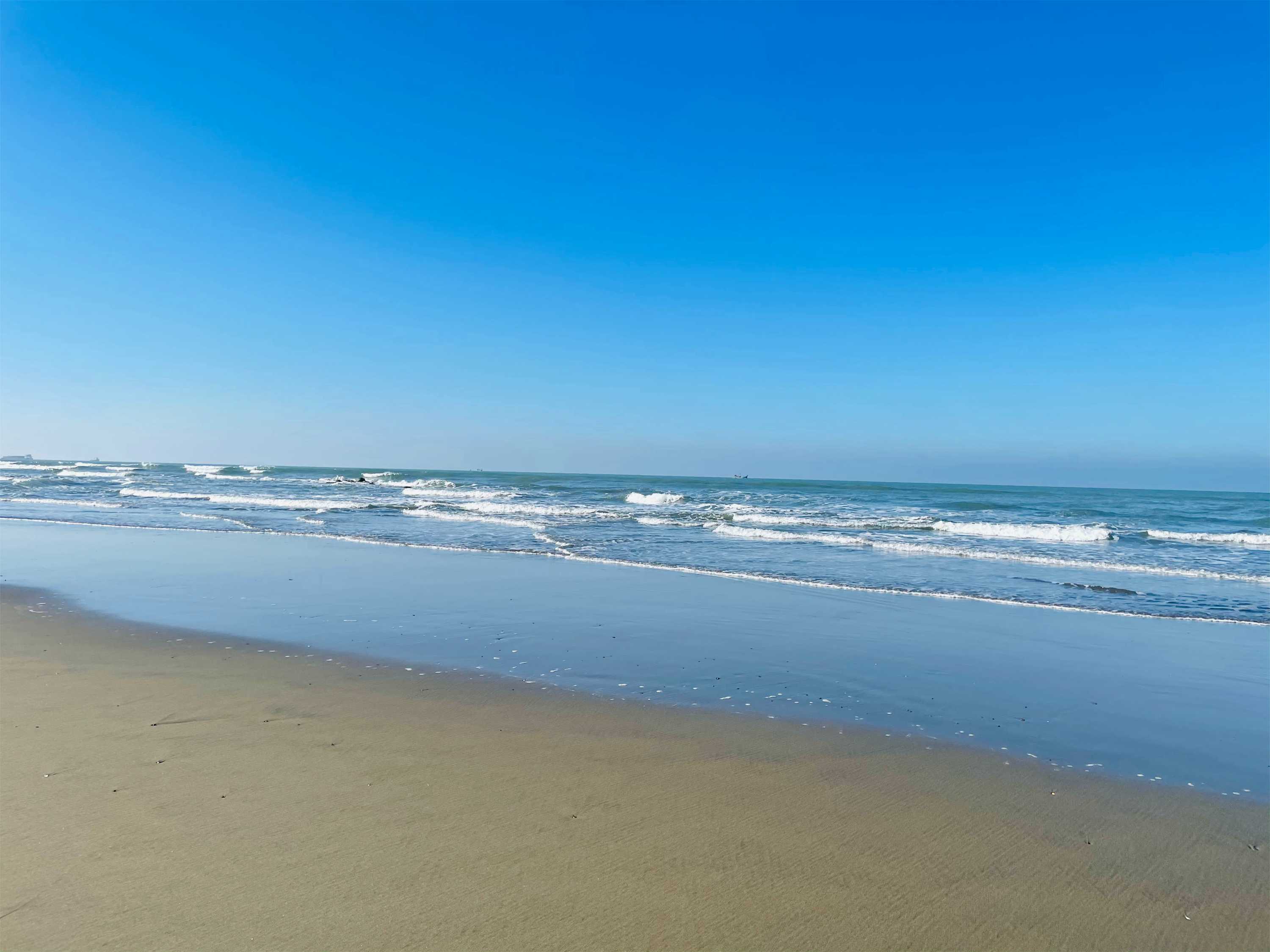Lake Malawi, also known as Lake Nyasa, is one of Africa’s most stunning natural wonders. Located in the East African Rift Valley, it is the third-largest lake in Africa and the ninth-largest in the world. Spanning 29,600 square kilometers (11,400 square miles), Lake Malawi is shared by three countries: Malawi, Mozambique, and Tanzania. However, the majority of the lake lies within Malawi, making it a centerpiece of the country’s tourism and culture.
Renowned for its crystal-clear waters, sandy beaches, and incredible biodiversity, Lake Malawi is a UNESCO World Heritage Site. It is home to more than 1,000 species of colorful cichlid fish, many of which are found nowhere else on Earth. Whether you’re a nature lover, adventure seeker, or simply looking to relax, Lake Malawi offers something for everyone.
Main Attractions of Lake Malawi, Malawi
Lake Malawi is packed with natural beauty and activities. Here are the top attractions you shouldn’t miss:
-
Lake Malawi National Park:
- Located at the southern end of the lake, this UNESCO World Heritage Site is famous for its aquatic life and scenic landscapes. It’s a great spot for snorkeling, diving, and kayaking.
-
Cape Maclear:
- A popular tourist destination, Cape Maclear offers pristine beaches, vibrant local culture, and opportunities for water sports. It’s also a gateway to the Lake Malawi National Park.
-
Likoma Island:
- This remote island is home to the stunning St. Peter’s Cathedral and offers a peaceful escape with beautiful beaches and clear waters.
-
Nkhata Bay:
- A bustling lakeside town known for its lively atmosphere, Nkhata Bay is a hub for diving, fishing, and cultural experiences.
-
Mumbo Island:
- A secluded island within Lake Malawi National Park, Mumbo Island is perfect for eco-tourism and luxury camping.
-
Senga Bay:
- Located on the central coast of the lake, Senga Bay is known for its sandy beaches and opportunities for sailing and birdwatching.
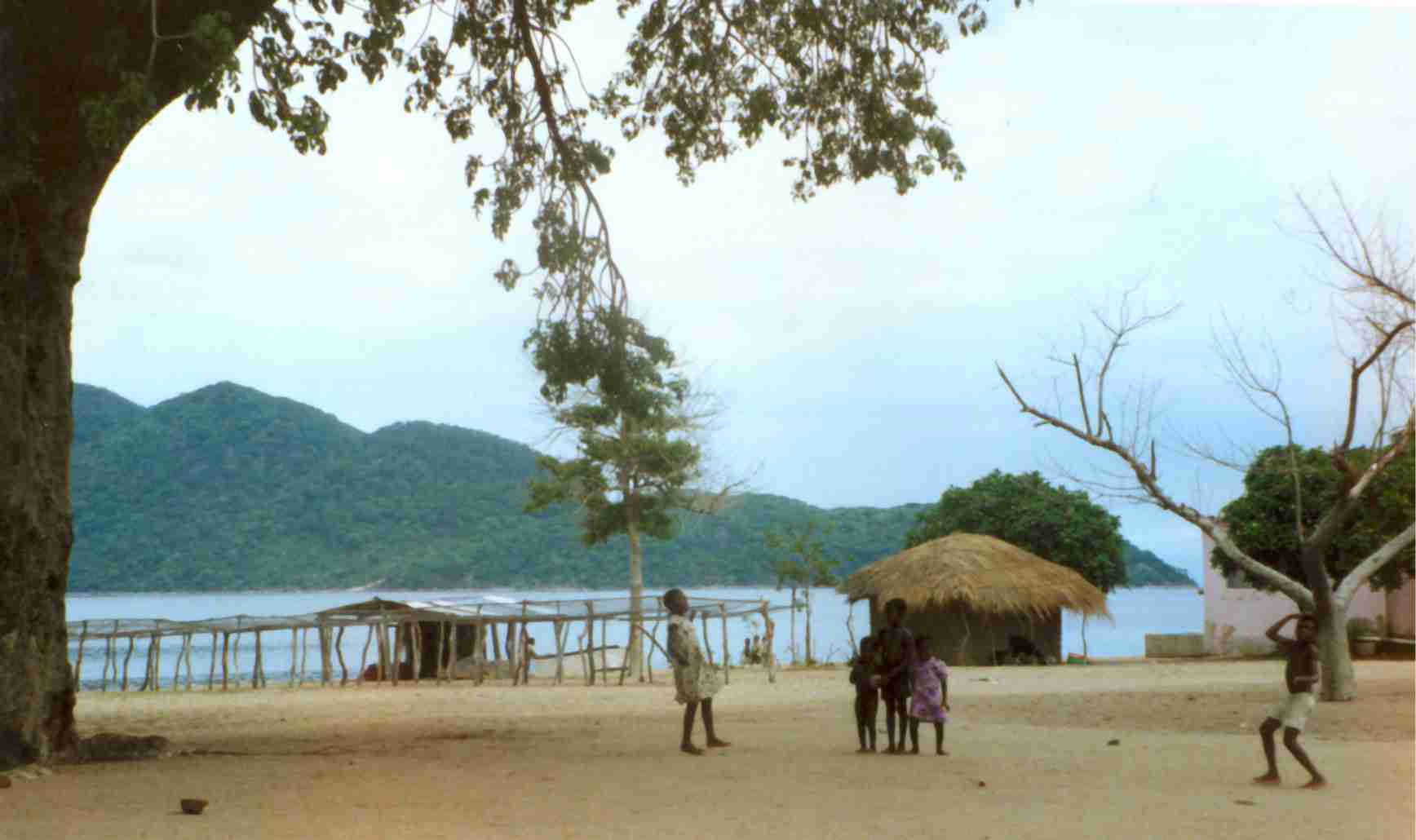
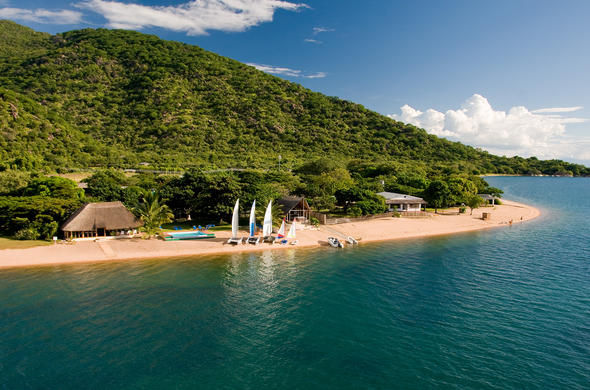
Culture of Lake Malawi, Malawi
The communities around Lake Malawi are rich in culture and tradition. The Yao, Chewa, and Tonga peoples are some of the ethnic groups living in the region. Visitors can experience traditional dances, music, and crafts, particularly in villages like Cape Maclear and Nkhata Bay.
The lake is also central to the livelihoods of many Malawians, with fishing being a primary occupation. The fish markets along the lakeshore offer a glimpse into the daily lives of the local people.
How to Reach Lake Malawi, Malawi
Lake Malawi is easily accessible from major cities in Malawi and neighboring countries. Here’s how to get there:
-
By Air:
- The nearest international airport is Lilongwe International Airport in Malawi’s capital. From there, you can take a domestic flight to Chileka Airport in Blantyre or drive to the lake.
- Mzuzu Airport is another option for accessing the northern part of the lake.
-
By Road:
- From Lilongwe, it’s about a 2-3 hour drive to the lake’s western shore.
- From Blantyre, it’s about a 4-hour drive to the southern part of the lake.
-
By Boat:
- Ferries and boats operate between major lakeside towns, such as Monkey Bay, Nkhata Bay, and Likoma Island.
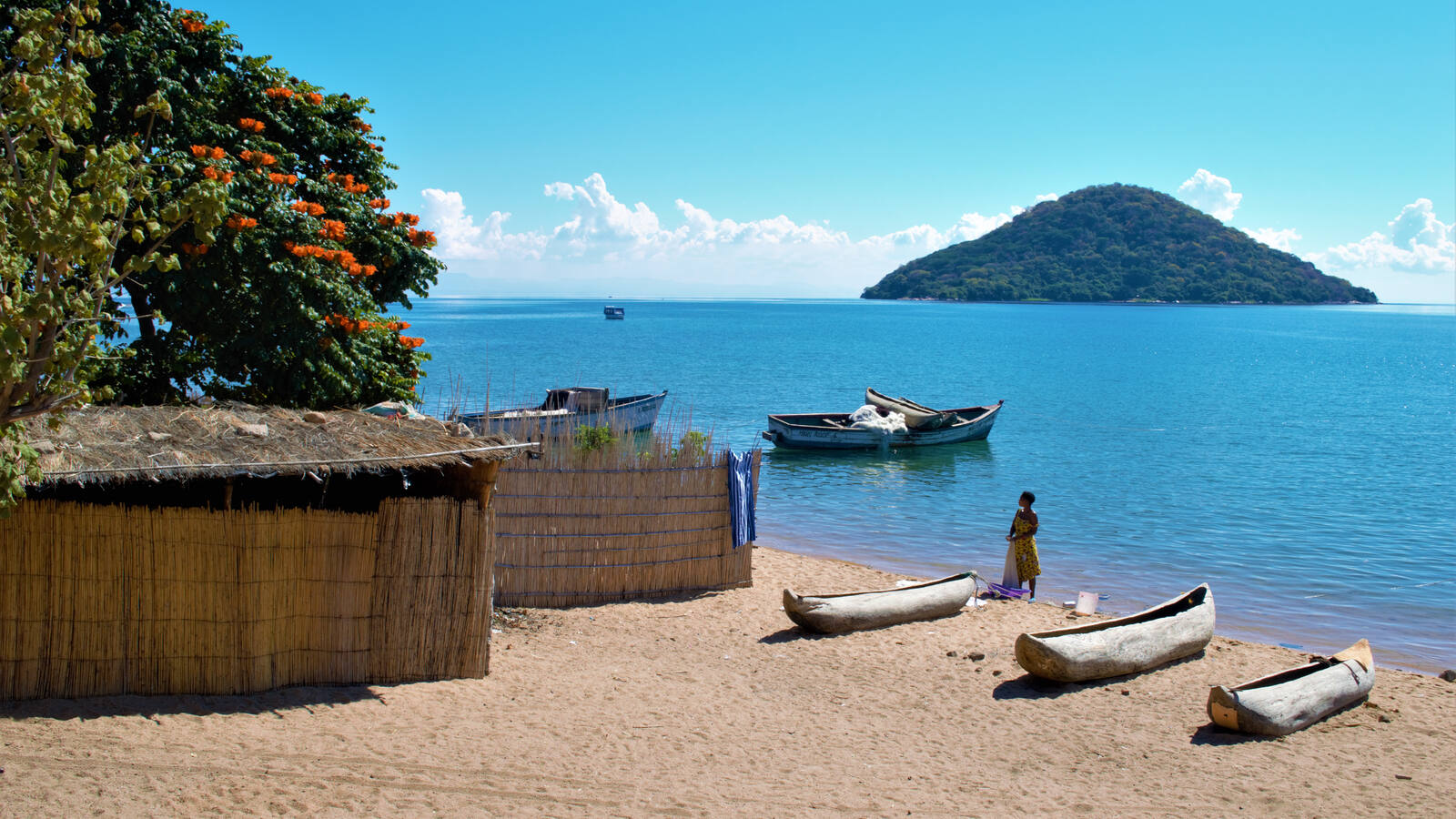
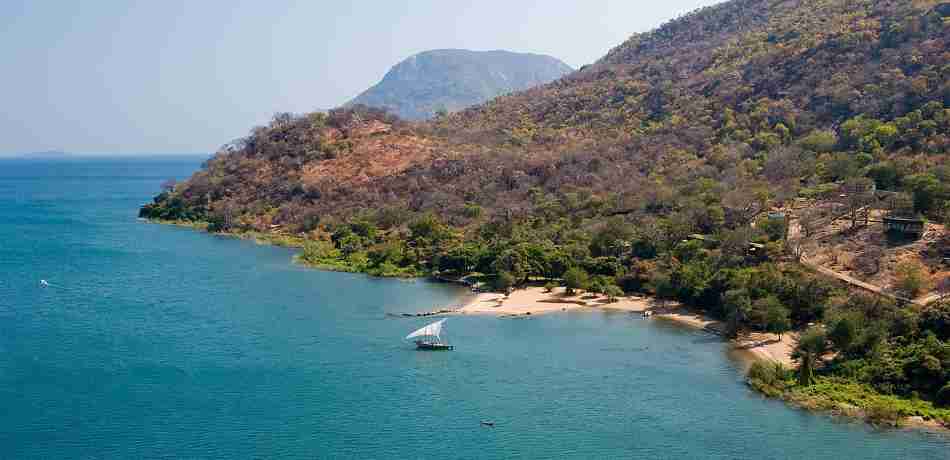
Accommodation Arrangements
Lake Malawi offers a wide range of accommodation options to suit all budgets:
-
Luxury Lodges:
- Pumulani Lodge (Cape Maclear): A high-end lodge with stunning lake views and private beaches.
- Kaya Mawa (Likoma Island): Known for its luxury villas and eco-friendly design.
-
Mid-Range Hotels:
- Gecko Lounge (Cape Maclear): A popular spot with comfortable rooms and a lively bar.
- Mayoka Village (Nkhata Bay): Offers budget-friendly chalets and a vibrant atmosphere.
-
Budget Stays:
- Fat Monkeys (Cape Maclear): A backpacker-friendly lodge with affordable rooms and a relaxed vibe.
- Butterfly Space (Nkhata Bay): A community-focused lodge offering dorms and private rooms.
-
Camping:
- Several lakeside campsites offer basic facilities for tents and caravans.
Local Foods to Try
While visiting Lake Malawi, don’t miss the chance to try Malawian cuisine. Here are some local dishes to savor:
- Nsima: A staple food made from maize flour, often served with fish or vegetables.
- Chambo: A popular fish from Lake Malawi, usually grilled or fried.
- Kondowole: A cassava-based dish, similar to nsima.
- Mandasi: Deep-fried doughnuts, often eaten as a snack.
- Mtedza: Groundnut (peanut) relish, served with nsima or rice.
Many lodges and restaurants also offer international cuisine for those who prefer familiar flavors.
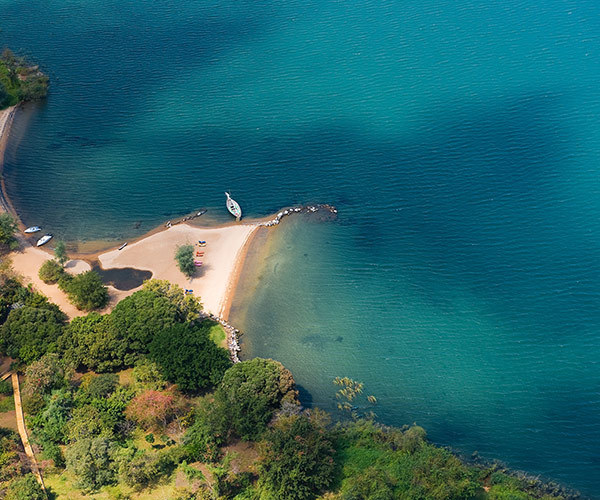
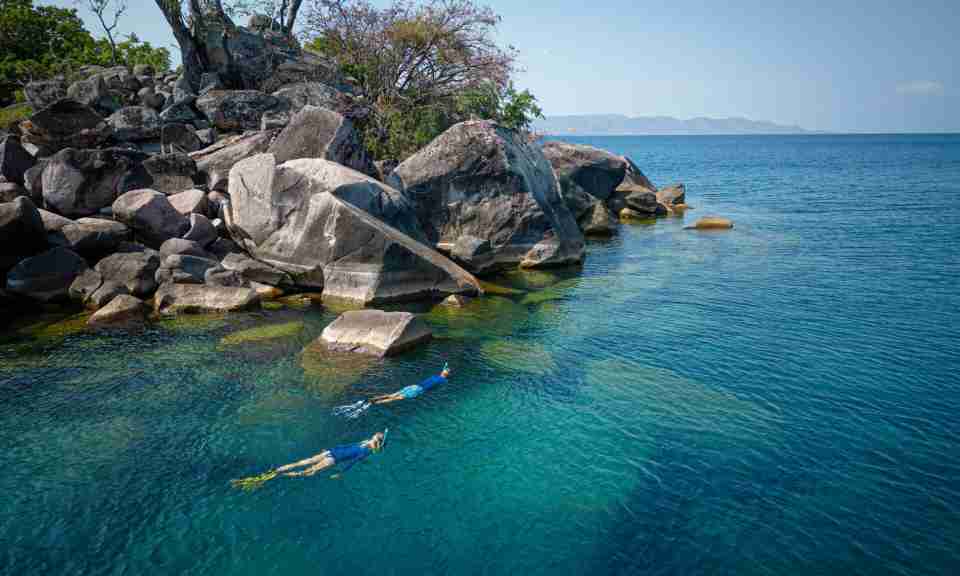
Best Time to Visit
The best time to visit Lake Malawi is during the dry season (May to October), when the weather is pleasant, and the skies are clear. The wet season (November to April) can bring heavy rains, but the landscape is lush and green during this time.
Where to Visit Nearby
While in the area, consider exploring these nearby attractions:
- Liwonde National Park: A wildlife reserve known for its elephants, hippos, and birdlife.
- Zomba Plateau: A scenic highland area offering hiking and stunning views.
- Mount Mulanje: Malawi’s highest peak, perfect for trekking and climbing.
Where to Shop
- Local Markets: Visit markets in towns like Cape Maclear and Nkhata Bay for handmade crafts, jewelry, and souvenirs.
- Fish Markets: Experience the local culture by visiting lakeside fish markets.
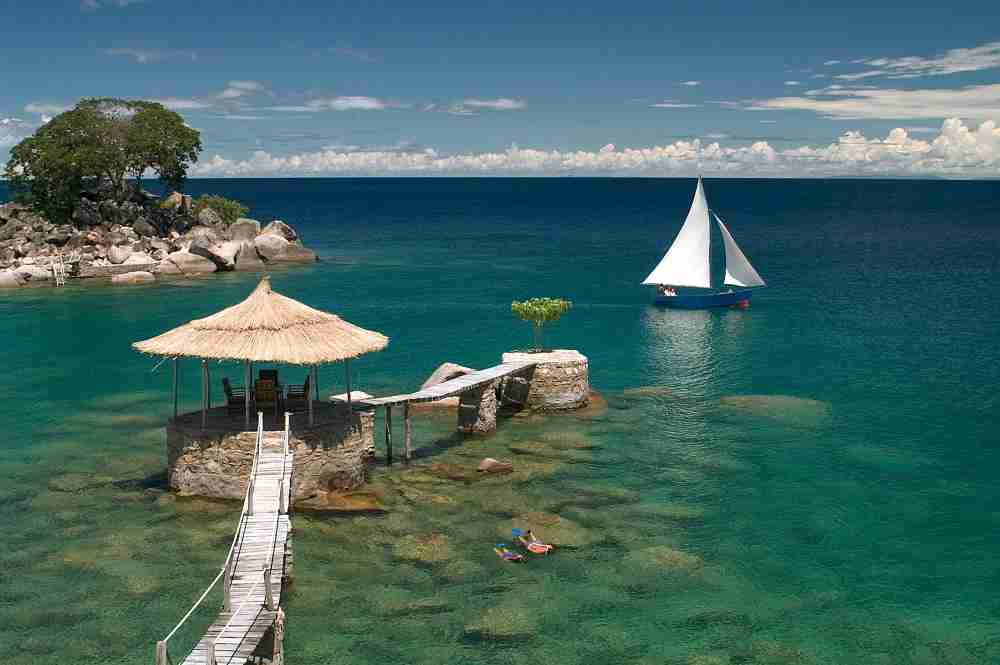
Things to Do
- Snorkeling and Diving: Explore the lake’s underwater world, home to hundreds of cichlid fish.
- Kayaking and Sailing: Enjoy the calm waters of the lake.
- Hiking: Explore the scenic trails around the lake and nearby islands.
- Cultural Tours: Visit local villages to learn about traditional customs and crafts.
What to Pack
- Swimwear and beachwear
- Snorkeling or diving gear (optional)
- Comfortable walking shoes
- Sunscreen, hat, and sunglasses
- Insect repellent
- A reusable water bottle

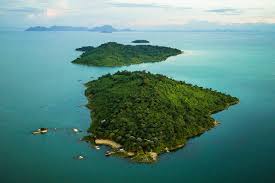
Lake Malawi is a true gem of Africa, offering a unique blend of natural beauty, cultural richness, and adventure. Whether you’re snorkeling in its crystal-clear waters, relaxing on its sandy beaches, or exploring its vibrant communities, Lake Malawi promises an unforgettable experience. It’s a destination that showcases the best of Malawi’s landscapes and hospitality.
FAQs
-
Is Lake Malawi safe for swimming?
- Yes, the lake is generally safe for swimming, but always check for local advice and avoid areas with hippos or crocodiles.
-
Can I visit Lake Malawi on a budget?
- Yes, there are plenty of budget-friendly accommodations and activities around the lake.
-
What is the best way to explore the lake?
- Renting a kayak, joining a boat tour, or taking a ferry are great ways to explore the lake.
-
Are there malaria risks around Lake Malawi?
- Yes, the lake region is a malaria zone. Consult your doctor for prophylaxis before visiting.
-
What is the local currency?
- The local currency is the Malawian Kwacha (MWK).
-
Do I need a visa to visit Malawi?
- Visa requirements vary by nationality. Check with the Malawian embassy or consulate before traveling.
Lake Malawi is a destination that offers something for everyone. Plan your trip well, and get ready to experience the beauty and charm of this African jewel!

